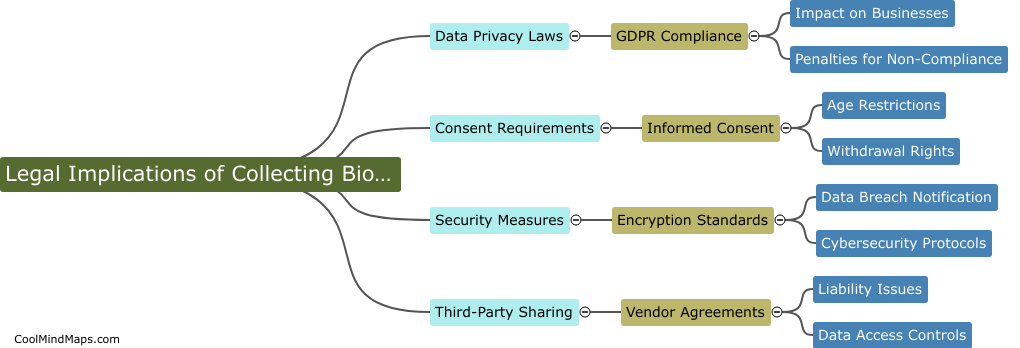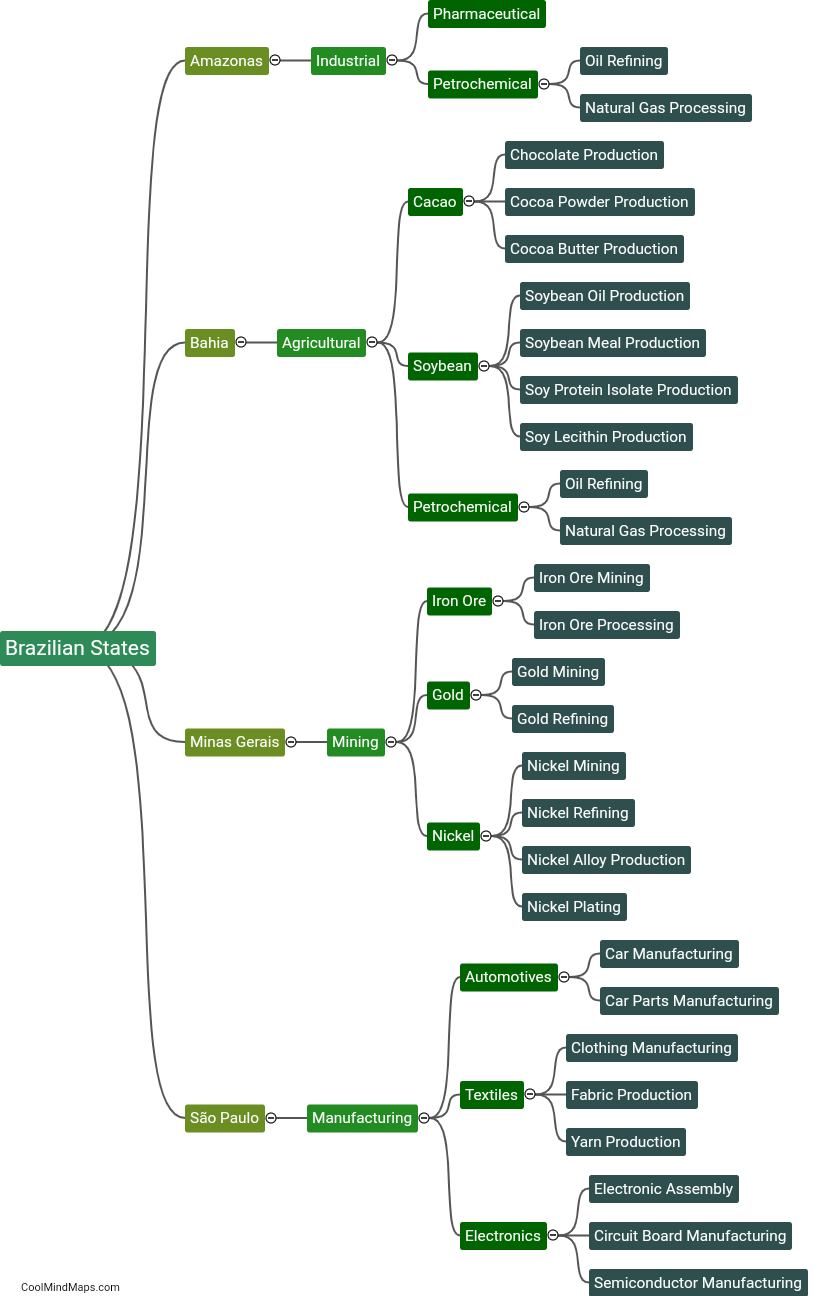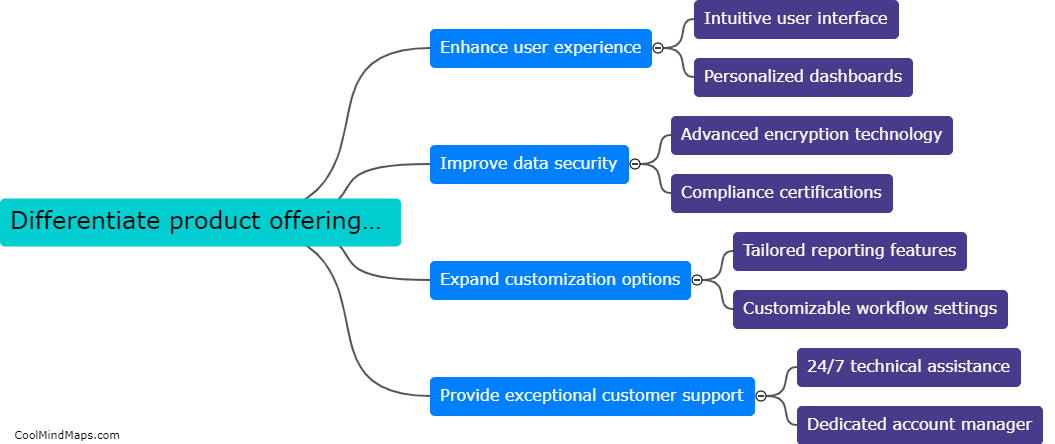What are the legal implications of collecting biometric data?
Collecting biometric data raises various legal implications, as it involves the collection of unique physical and behavioral characteristics that can be used to uniquely identify an individual. Laws and regulations around the world govern the collection, storage, and use of biometric data to protect individuals' privacy and ensure their data is handled securely. Companies must comply with data protection laws, obtain informed consent before collecting biometric data, and implement robust security measures to safeguard this sensitive information. Failure to adhere to these legal requirements can result in severe penalties and reputational damage for organizations.

This mind map was published on 2 August 2024 and has been viewed 161 times.











